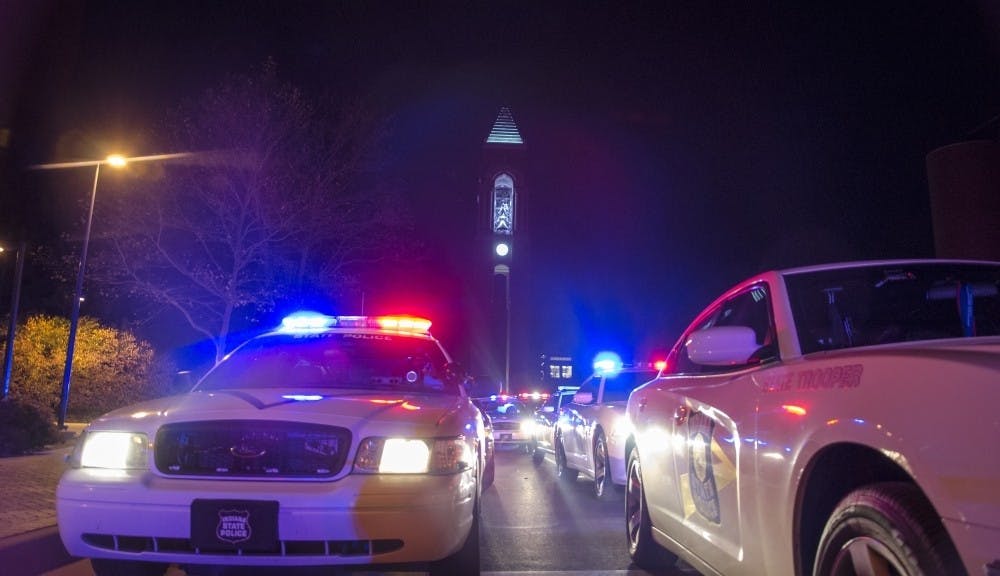Ball State affiliated people police said were caught with child porn:
In just six months, police have arrested four Ball State affiliated people on charges that they downloaded child pornography — a string that one defense lawyer said was not surprising.
Employees Brian Siebenaler, Randal Ray Schmidt and Robert Yadon were all caught with child porn on their campus computers, according to university press releases. Club fencing coach Brian Koby, who is not technically a Ball State employee, was caught at home, according to the probable cause affidavit. However, police have found
all cases to be unrelated, said Joan Todd, university spokesperson.To have four cases in this short amount of time and have none them be related is quite unusual, said Robert Perez, a Washington criminal defense attorney who specializes in sex crimes. But it isn’t surprising to him, either.
“There are a lot of people out there looking at these images,” Perez said. “It’s very prevalent, much more than people realize … There’s a tremendous amount of curiosity out there about these visions, these images.”
Perez has defended college professors, lawyers and even police officers on charges of child pornography possession. In many cases, they get caught because they don’t realize how exposed they are on their computers, he said.
“I think most people believe that when they’re in their private residence looking at their computer, they think no one else can see them,” Perez said. “They don’t think they’re going to get caught, but why they do it on work computers has always baffled me.”
Whenever someone downloads or searches for child porn, Internet Service Providers flag and track the IP address, which they report to the National Center for Missing and Exploited Children. NCMEC then reports it to local police — Indiana State Police, in the case of these four incidents.
For all three individuals caught on campus, University Police Department Chief Jim Duckham said in a press release the investigations began when “a routine review of information security alerted administration that a campus computer was accessing a site with suspicious content.”
On campus, because of added security measures, chances of getting caught are even higher, said Kathryn Seigfried-Spellar, a computer and information technology professor at Purdue University.
“It could be an impulsivity thing, the need to look at [the porn] in that moment,” Seigfried-Spellar said. “It doesn’t matter where they are … It doesn’t matter that they’re at work, because they don’t think they’re going to get caught.”
The distribution of child pornography is increasing, according to the U.S. Department of Justice. But Seigfried-Spellar said it’s hard to tell if that’s actually true because of the spread of the internet.
“Think about everyone who has access to the internet, whether someone has it at home, the library, a friend’s house or at work,” she said. “Anyone who has access to the internet has access to pornography.”
There’s also more funding now to catch those who use child pornography, so government task forces and law enforcement are cracking down on the acts.
But even though child pornography possession has harsh criminal penalties — anywhere from six months to two and a half years in prison — both Seigfried-Spellar and Perez said possessing child pornography doesn’t automatically mean someone is a pedophile or will molest children.
It can be they are just curious, or collect porn and wanted to round out their collection.
“It’s like when there is a beheading from terrorists and someone posts a video of it online and millions of people go look at it,” Perez said. “Why? Why would you want to see that? It’s just morbid curiosity.”





